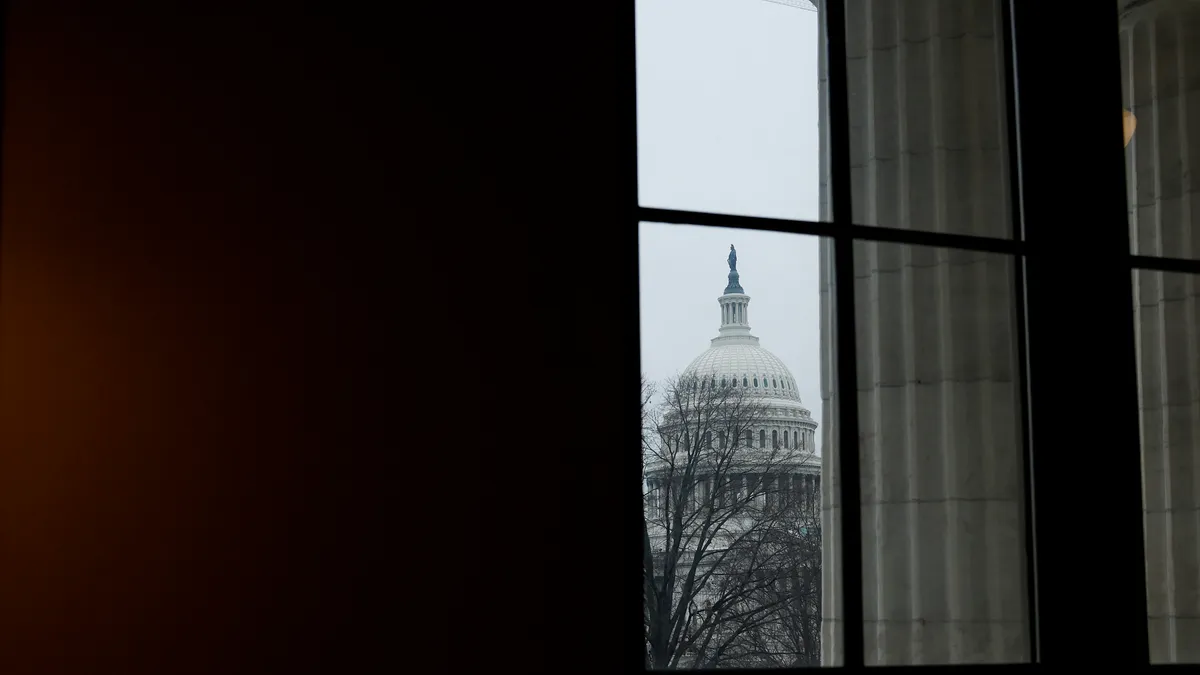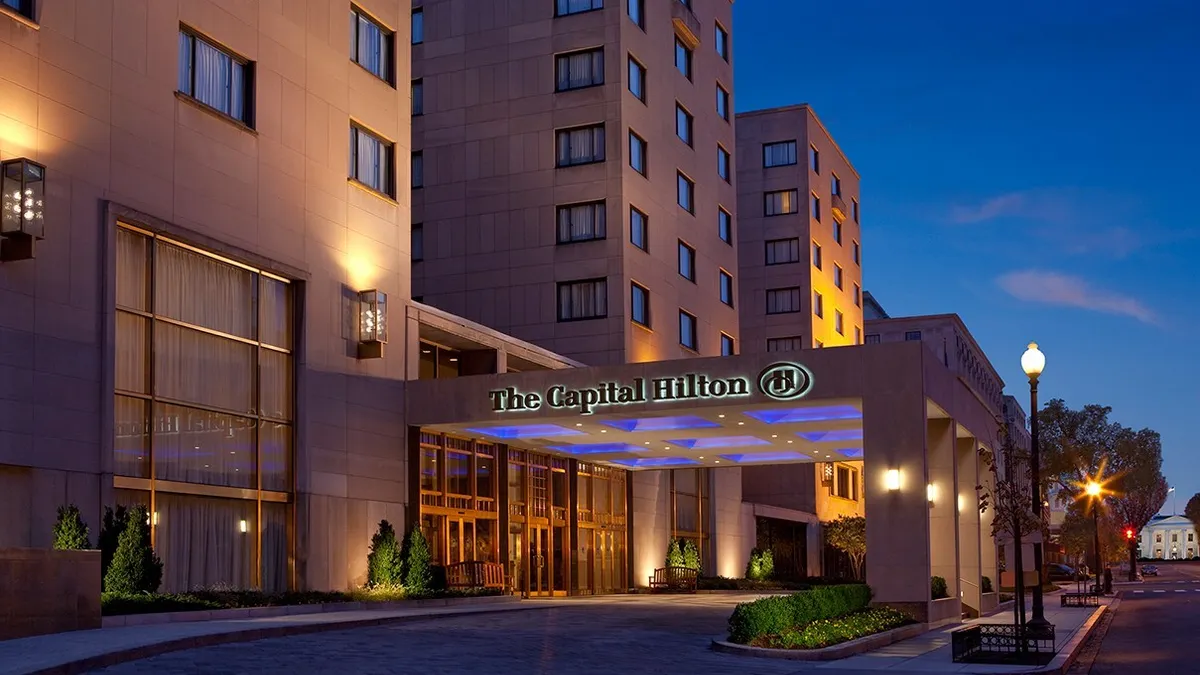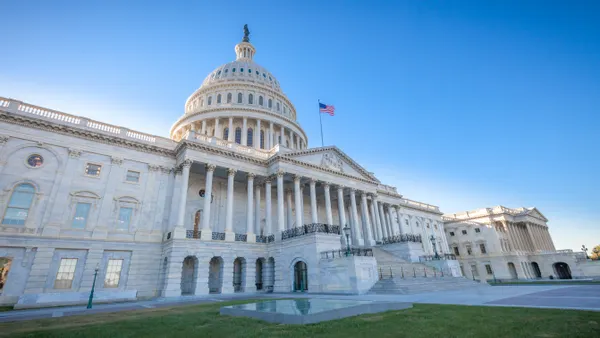Dive Brief:
- U.S. Senators Amy Klobuchar (D-MN) and Jerry Moran (R-KS) introduced the bipartisan Hotel Fees Transparency Act on Wednesday, according to a release obtained by Hotel Dive.
- The act would require hotels and short-term rentals to clearly show the final price of any rooms they’re advertising. The proposed legislation is in response to growing rancor toward resort fees — or as critics call them, “junk fees” — which government officials have increasingly taken aim at in recent months.
- Some hotel companies, including Marriott, have already responded to increasing ire over added fees by agreeing to offer more transparent pricing on website and app channels. But hidden resort fees are still prevalent, with NerdWallet reporting that Wyndham Hotels & Resorts charges the highest percentage fees as compared to room cost.
Dive Insight:
Hotel resort fees, while common, are often not displayed until a customer is checking out, meaning there’s often a wide discrepancy between the advertised room rate and how it appears on the final bill.
“Too often, Americans making reservations online are being met with hidden fees that make it difficult to compare prices and understand the true cost of an overnight stay,” Klobuchar said in a statement. “This bipartisan legislation would help improve transparency so that travelers can make informed decisions.”
Klobuchar’s co-sponsor, Moran, commented: “This commonsense legislation requires hotels to be straightforward about all their fees so consumers aren’t saddled with unexpected costs on their check.” Klobuchar and Moran are co-chairs of the Senate Travel and Tourism Caucus.
The American Hotel & Lodging Association also supports the act. In a statement obtained by Hotel Dive, AHLA President and CEO Chip Rogers called it “an important bill that will create a single standard for mandatory fee display across the entire lodging ecosystem – from hotels to online travel agencies, metasearch sites, and short-term rental platforms.”
“We know consumers shop for travel across multiple sites, and this bill is a pivotal step toward creating a more transparent booking process for guests,” Rogers added.
Government officials — including the president — have criticized “junk fees” in recent months. In his State of the Union address, President Biden took aim at hotel fees directly, promising to ban “surprise ‘resort fees’ that hotels tack on to your bill. These fees can cost you up to $90 a night at hotels that aren’t even resorts.”
“Americans are tired of being played for suckers,” he remarked.
In his speech, Biden proposed the Junk Fee Prevention Act, which was introduced to the Senate in March, and the House in May. The act would empower the Federal Trade Commission to enforce and issue guidelines around “excessive” fees.
Last summer, Rep. Eddie Johnson (D-TX) introduced the Hotel Advertising Transparency Act of 2022, which would similarly require hotels to be more transparent in their advertised room rates.
In May, Marriott agreed to update its room rate transparency on its website, app and voice reservations in response to a $225,000 fine levied by Pennsylvania’s attorney general.
Most hotels’ resort fees cover common amenities like Wi-Fi, gym access or towels. But in June, guests sued Marriott for charging a fee covering the cost of the hotel’s compliance with Los Angeles’ Hotel Worker Protection Ordinance.










